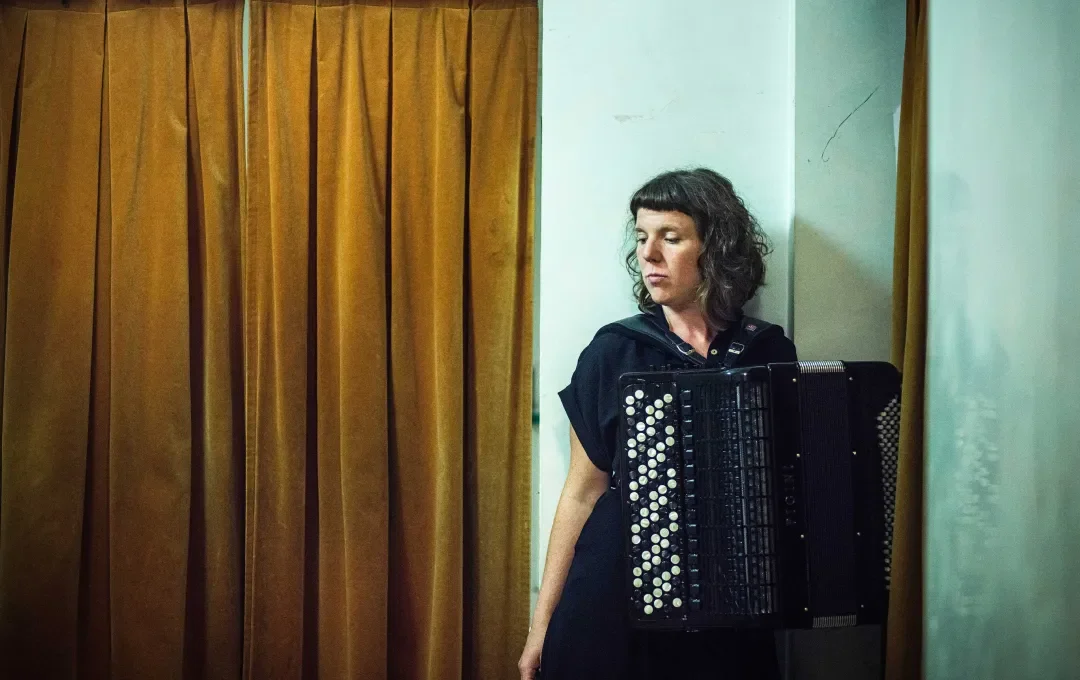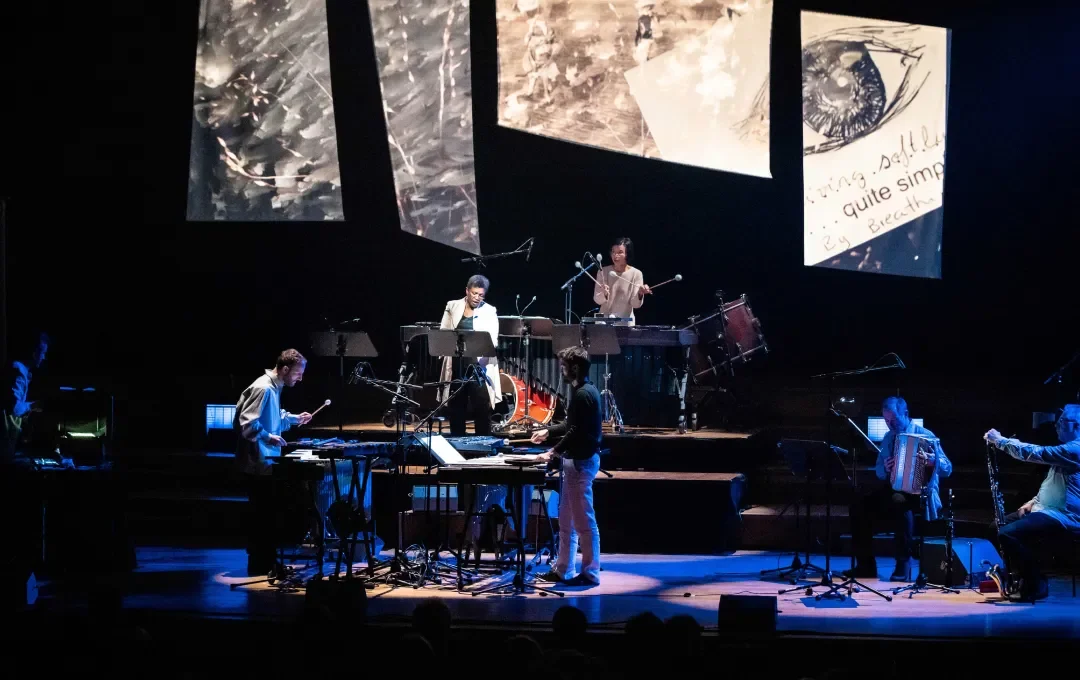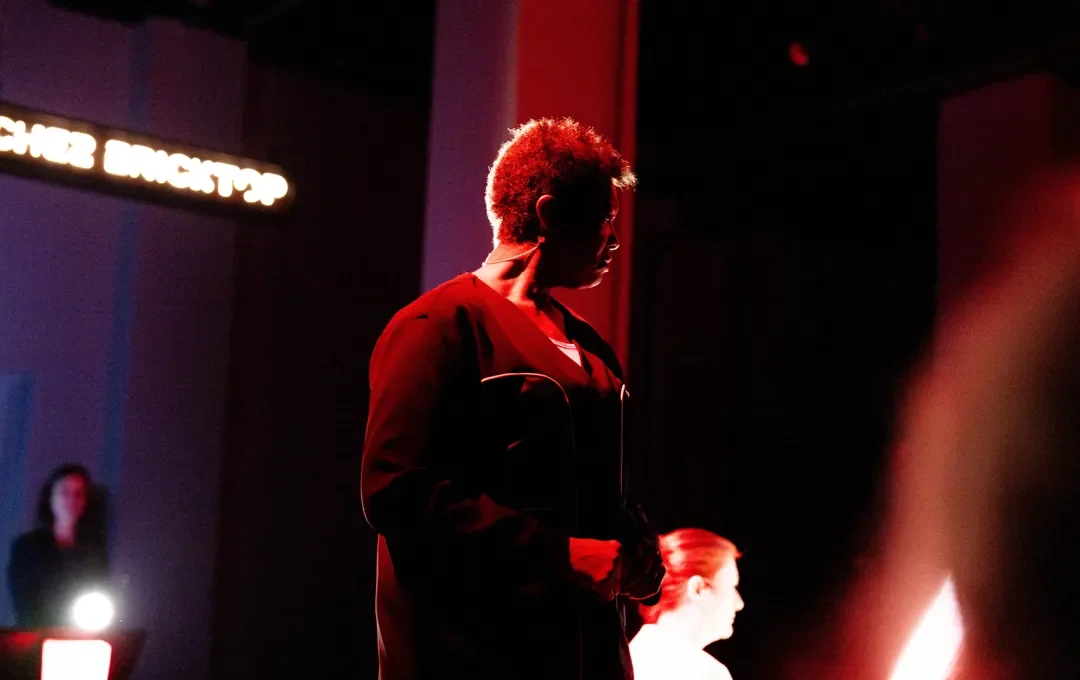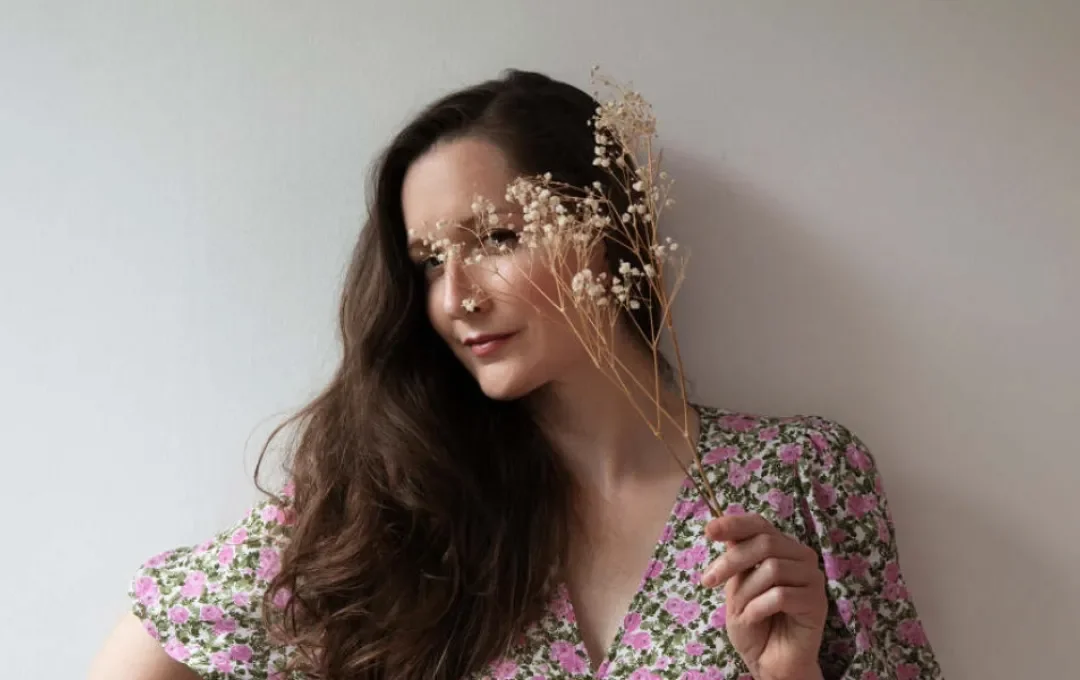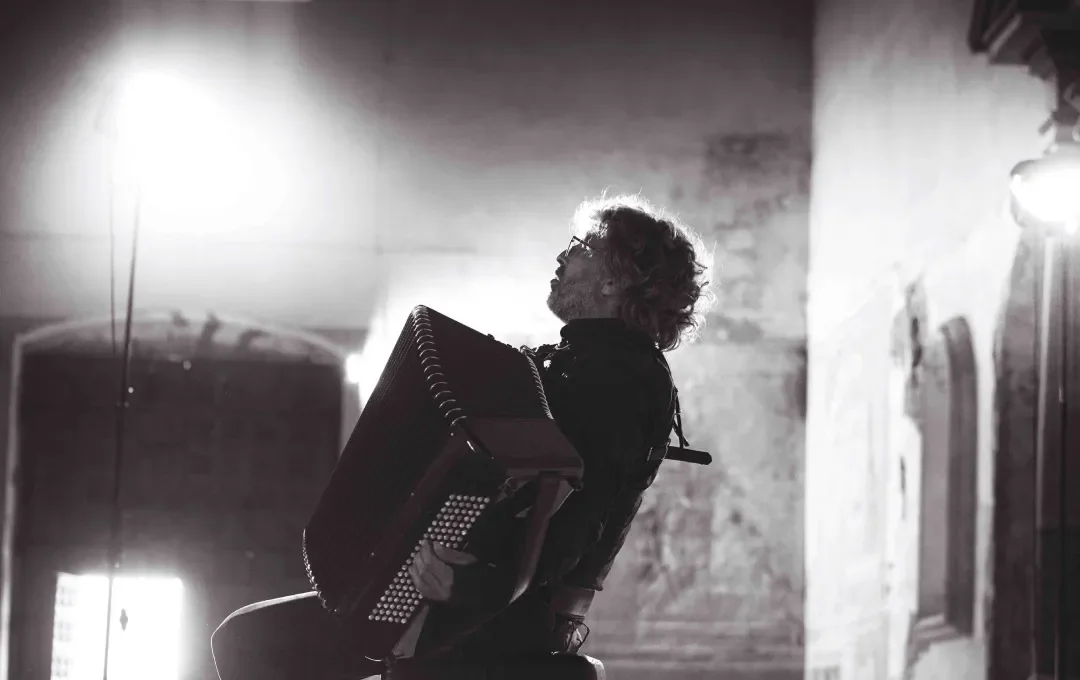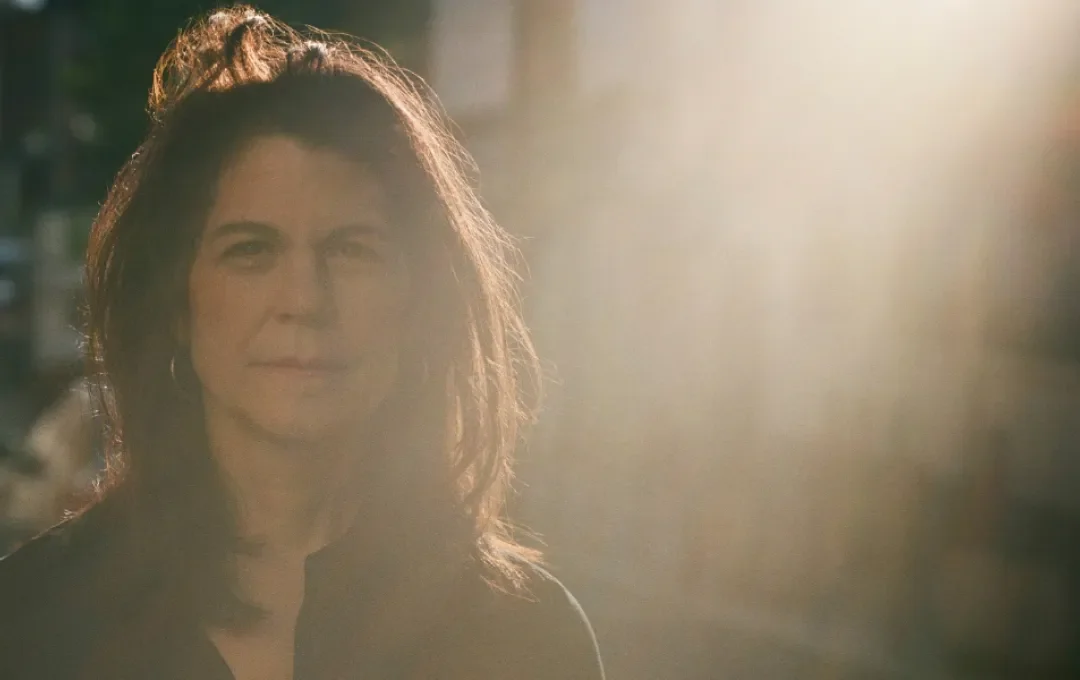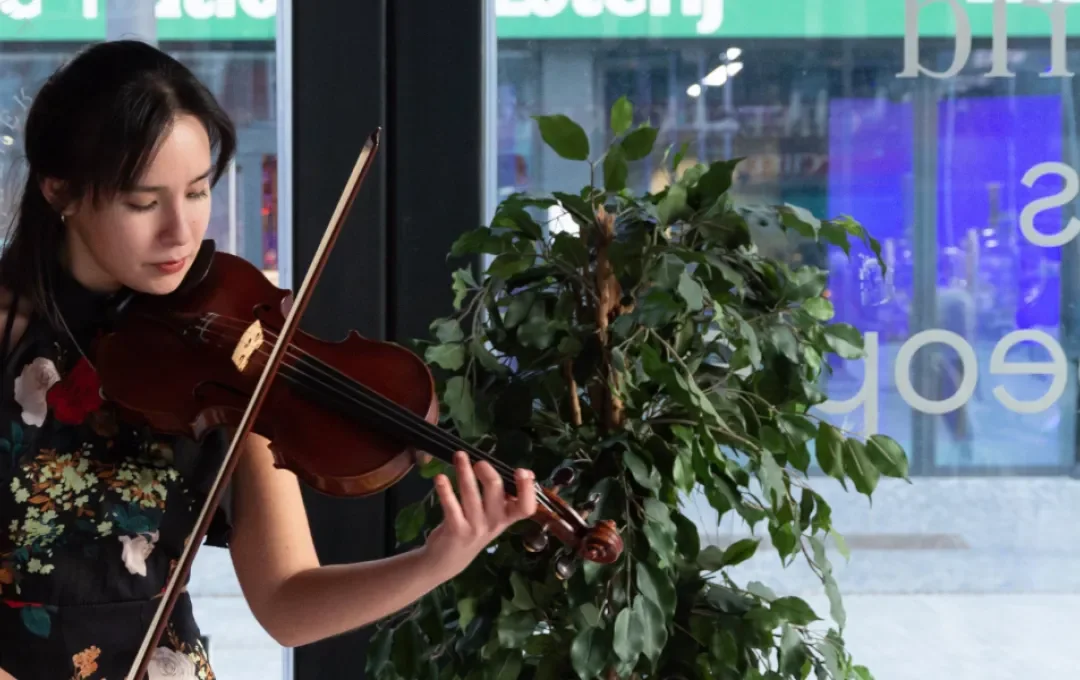
Izran Revisited! & Chaabi Habibi
Read the interview with Fatoum and Laïla Amezian
On March 10, 2024, the project Musikaa, made in.by molenbeek, will come to an end. Over the past four years, Klarafestival, Bozar and many partners from Molenbeek have joined forces to organise an annual music festival highlighting local talents. This makes it an ideal moment to talk with Fatoum and Laïla Amezian, the driving forces behind the projects Izran Revisited! and Chaabi Habibi.
You both work with Moroccan musical traditions which were originally transmitted orally by women. Who passed this tradition on to you?
Fatoum: Izran, the sung poetry of northern Morocco, is a popular tradition. I discovered it in my native village of Tafersit. It’s a tradition that was still very much alive with my grandmother. As a child, the power of the expressive freedom found in this practice especially touched me. Through izran, women are able to express a whole range of emotions and topics, from everyday life to eroticism, including political messages, too.
Laïla: Unlike Fatoum, I was born in Belgium. I grew up surrounded by music, in all styles – from Arab-Andalusian music to the ‘jbala’ music of the mountains of northern Morocco and the melodies of the great stars of Egyptian cinema such as Umm Kulthum. I loved the times when my mother would get together with other women to sing chaabi music. Like Fatoum just said, these occasions allowed them to talk about everything, their private lives but also their misery, through singing and dancing.
How did you come up with the idea of creating the projects Izran Revisited! and Chaabi Habibi?
Fatoum: In the 1970s and 80s, Amazigh culture and the practice of izran was undermined by Arabisation and the rise of a more radical Islam in Morocco. Here too, in Brussels, women began to remain silent in their homes. That’s why I wanted to preserve this tradition. After doing research, and thanks to the Musikaa project as part of the Klarafestival, the opportunity arose to revitalise and reactivate the practice of izran through a series of workshops and concerts.
Laïla: When my mother started to lose her memory, I instinctively started singing chaabi songs to her. It became a ritual, and I realised that I didn’t know this repertoire very well. That’s why I wanted to reconnect with the musical and cultural history of my country of origin to keep the transmission alive. Since there is no institution where we can learn these songs, I organised workshops at Espace Senghor with women of Moroccan origin, so that they could pass on this heritage to me. Afterwards, I went to Morocco, where I met a group of women who were touched by my project and who opened up to me. Little by little, the workshops grew and the Fatmas de Belgica choir was born from a desire to create participatory and collaborative projects around this chaabi tradition.
Why is it so important for you to pass on this cultural heritage to future generations in Brussels?
Laïla: This heritage is a part of the Belgian cultural landscape today, and I think it’s important that when we approach a musical culture, we have a good sense of what it is.
Fatoum: Often, when people talk about Moroccan music, it’s about oriental music. But there are so many musical varieties and musical styles, each with its own richness. There’s still a certain contempt towards the Rif community, even from the Moroccan state. The Berber New Year, for example, has only had the status of a national holiday since 2023. So, it’s high time to put our culture in the spotlight. Plus, as Riffian traditions have very little connection to the written word, many stories are transmitted orally. Izran is therefore not just a musical style. It’s also a sociological and anthropological heritage. The promotion of this tradition contributes to the richness of our culture and brings new perspectives.
Laila: It’s important to de-orientalise Moroccan culture and give it back its true identity. Through these musical practices, we can tell our story, a story that has almost been forgotten. Fatoum and I want to reconnect the Moroccan community that lives here with its history, and at the same time give it a place in Belgian society.
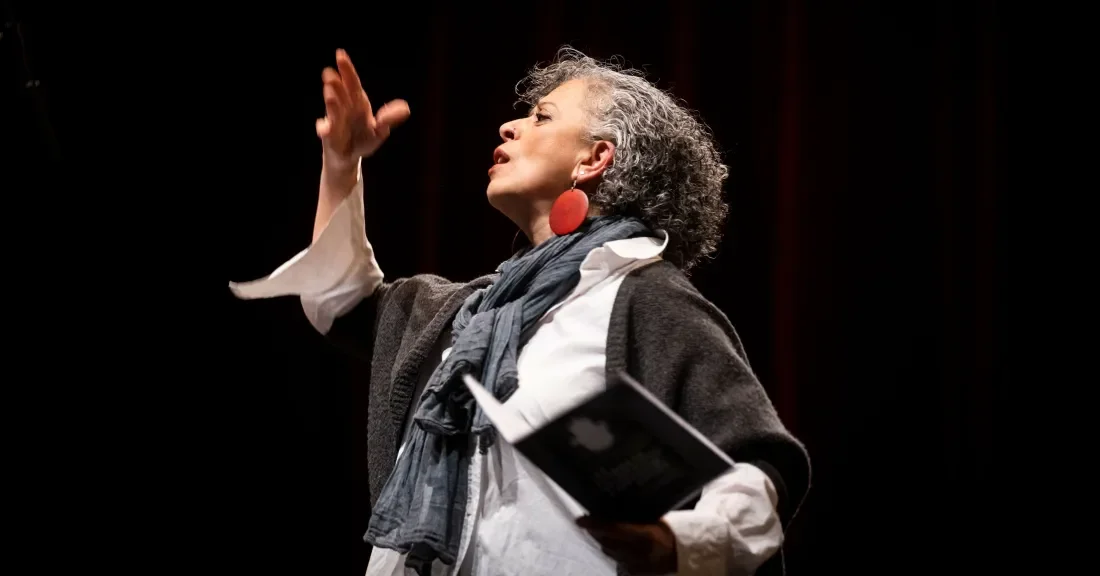
Are the participants in your projects all of Moroccan origin?
Fatoum: As far as the izran workshops are concerned, that’s the case. Some have just arrived in Belgium from the Rif and already had a link with izran. Another group of the young girls were born and raised here. But often, they had heard about izran from their grandmothers. The meeting between these two groups gave rise to extraordinary sharing and sisterhood.
Laïla: At the beginning, I wanted to work with women of Moroccan origin, but given their hesitation to practice chaabi outside the private sphere, I opened the project up to other women and to collaborations with other musicians. That’s how B’net Chaabi was born, a group of female singer-percussionists, which gave women who would perform at weddings the opportunity to be recognised as artists and to appear on stage.
Last year, for the first time, men also participated in the Izran Revisited! Project. How did that go?
Fatoum: For the second edition of Izran Revisited!, we wanted to address the question of gender by asking ourselves if this practice was the prerogative of women. In the history of izran, men appropriated the practice when women began to remain silent in the 1980s. Originally, izran were sung and accompanied by an ‘adjun’ (a drum). Later, the men added guitars. During the last Klarafestival, men accompanied the singers on stage.
How did the audience react?
Fatoum: It was an extraordinary experience. During the first concerts in Molenbeek, the message came across loud and clear. We felt that the younger generation was very interested in reclaiming their culture. There was a lot of support, even among the Riffian companions of the women who took to the stage. In other neighbourhoods, however, reactions have not always been positive. So, our exploration remains relevant.
Have you encountered any other obstacles on your journey?
Laïla: Sometimes, women refused to be exposed and seen on stage. Some also did not want to collaborate with men. They only wanted to participate in women's concerts in front of an audience of women.
Fatoum: We also lost some participants due to family resistance.
Laïla: With B’net Chaabi, I try to encourage women to have very different experiences. For two years, we have also been giving workshops in schools. The experience is almost always very positive. But sometimes we face more negative reactions, for example from young men who are opposed to the idea of women singing or making music. But what’s interesting is that the young girls react. If it sparks a debate, it’s already more than worthwhile.
The Musikaa project began in 2022 and ends soon, as part of Klarafestival 2024. How do you see the future?
Laïla: Throughout this journey, the support of partners like Met-X and Vaartkapoen has been essential. This allowed me to think about the place of chaabi music in relation to other musical universes. Thanks to these partners, we will be able to continue our quest.
Fatoum: Indeed, this first experience has allowed us to open up questions and launch the debate. But this is only the beginning. We’re only just beginning to build cultural bridges. My goal is to highlight Moroccan women artists and give them the tools to go even further. I very much hope that the practice of izran will be heard once again in homes, and then in public spaces.
Laïla: I dream of a real Chaabi Academy, to bring this culture to life fully, not just by presenting it in concerts.
Fatoum: Laïla and I realised the similarities in our two musical practices. We share the same vision, the same wishes. In the coming years, perhaps we will collaborate again on a project, who knows?
Interview by Aurélie Walschaert
